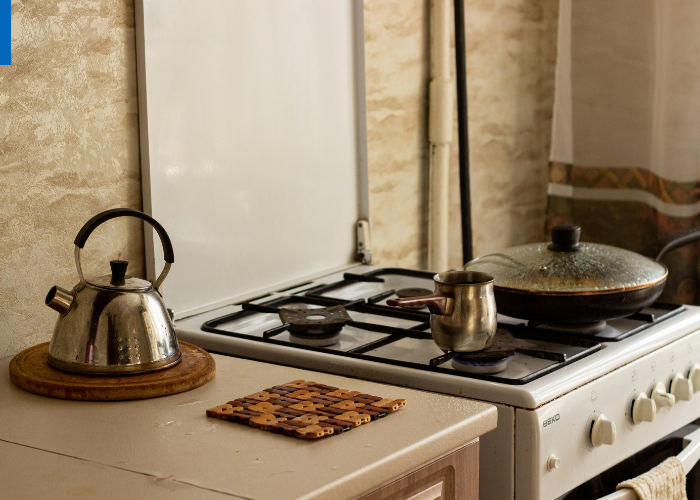San Diego Short Term Rental Laws; What You Need To Know
Short-term rentals are a hot button item. Low inventory and homeowners fed up with noisy temporary neighbors has led to heavier regulation in San Diego. Here’s what you need to know.
Short-Term Residential Occupancy (STRO)
This new ordinance, titled Short-Term Residential Occupancy (STRO), limits the number of short-term rentals allowed in San Diego, and introduces a licensing system for those who wish to rent out their second homes as vacation properties.
Whole-home rentals will now be capped at 1% of the city’s overall housing stock. Mission Beach has an exemption, in which 30% of homes can be rented.
“The regulations require a license to operate a STRO unit, establish limits on the number of licenses a host may obtain, create reasonable caps on the total number of whole home STRO units, and create a licensing process in order to track, manage and enforce all aspects of the STRO. Licenses will be required to operate a STRO in the City of San Diego beginning July 1, 2022.” – Sandiego.gov
The ordinance further breaks down short-term rentals into tiers. At this time, if your property falls into either tier 1 or 2, you will be exempt from the new ordinance.
To even the playing field, Mayor Todd Gloria has suggested a lottery system for the initial round of licenses. Our San Diego City Council also intends on rewarding those with good behavior:
“An amendment was added to prioritize "good actors," those who have abided by the city's previous rental laws, when licensing begins later this year.
The legislation also has a good-neighbor policy, in which both hosts and guests could be fined up to $1,000 for violating rental rules. Guests renting a whole home in San Diego will be required to stay for a minimum of two nights.” – NBC News

So, Now What?
As we mentioned earlier, this ordinance will not go into effect until July of 2022. With more details to iron out, we’ll have to wait and see how the process of this new ordinance will shake out.
Regardless, the new law is expected drastically reduce the number of short-term rentals in San Diego by two thirds, and reduce taxes collected by San Diego by almost $3 million.
Ascent Property Management
Feeling like your property management knowledge isn’t up to snuff? We provide thorough training and unparalleled support to our portfolio managers, property managers, and associate team members to help them achieve “above and beyond” service—because we care! If you’re in need of property management assistance, You can reach us at 760-994-5037 or info@ascentpropertymanagement.com.




Share this post





